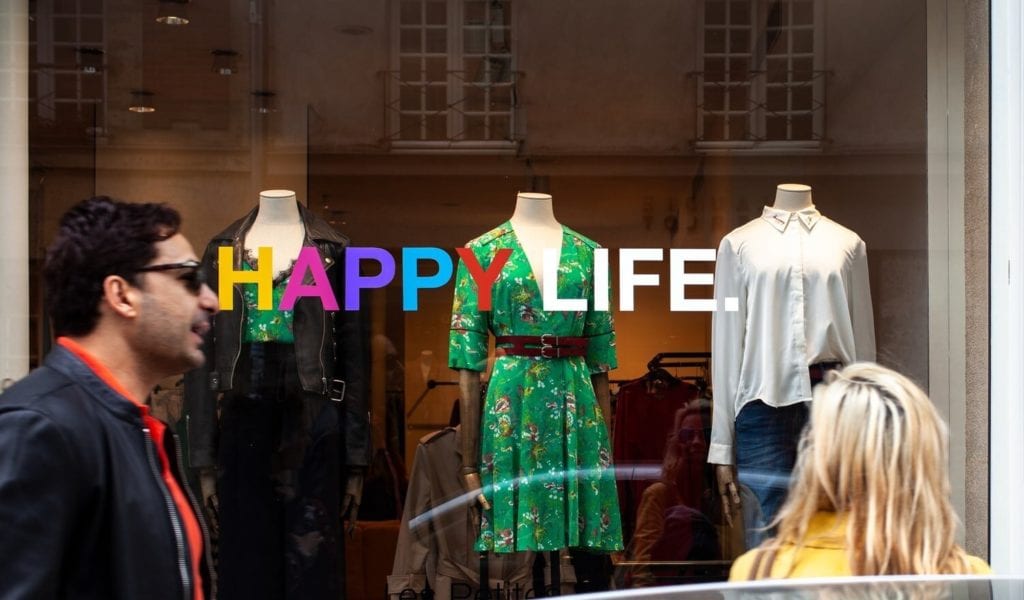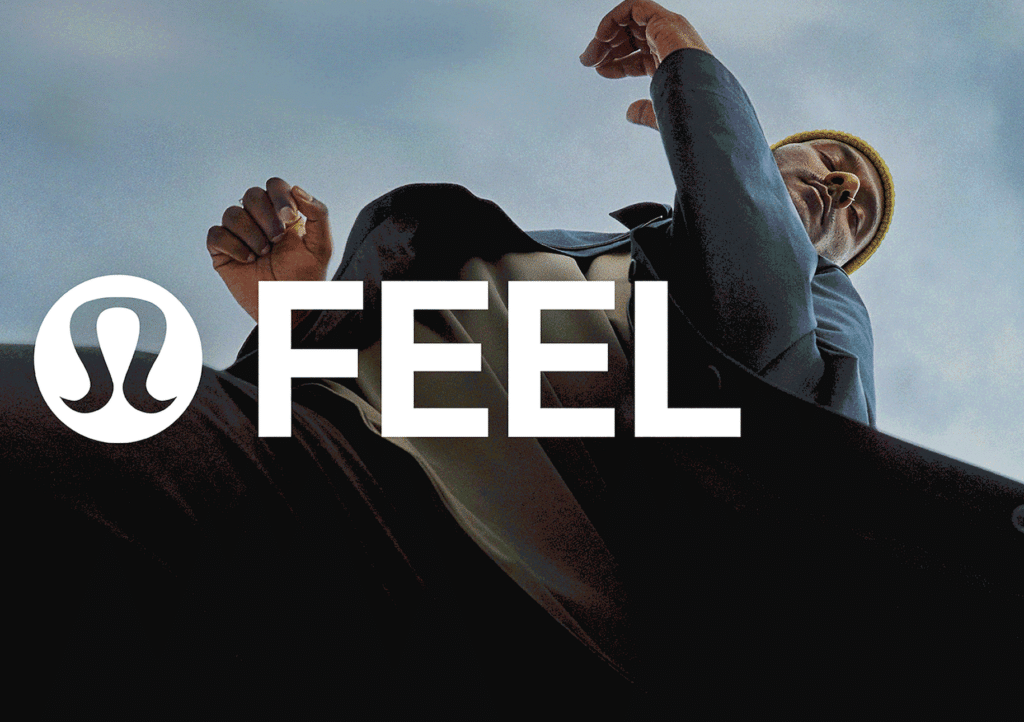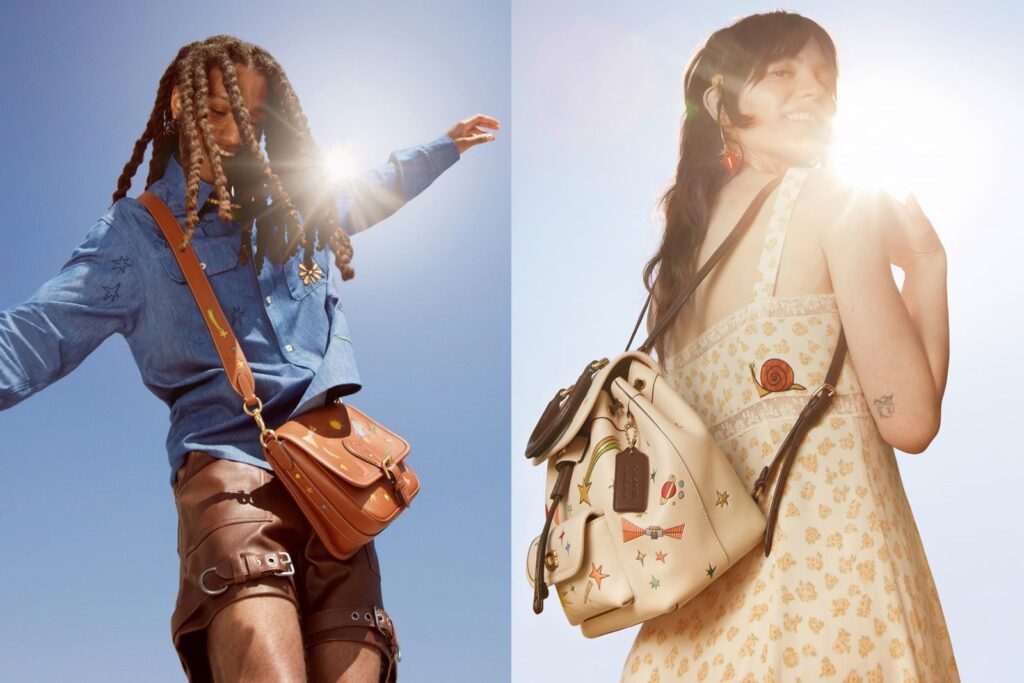The promise of happiness induced by new clothing purchases is swiftly becoming a thing of the past. Morgan Stanley analyst Geoff Ruddell states in a new note that “consumers have reached peak happiness with clothing purchases” because, as CNBC puts it, “consumers already own so many clothes,” something that certainly does not bode well for retailers and fashion brands, most of which operate on a model that requires the consistent presentation of novelty in order to drive frequent, seasonal sales.
The swelling of consumers’ wardrobes – the average American consumer purchases around 65 pieces of clothing each year, according to data from Kantar, as cited by CNBC – and the resulting joy-less nature of apparel shopping can be linked directly to the rise in cheap clothes. Ruddell states that clothing has become so inexpensive over the years – thanks, of course, to the proliferation of fast fashion, a market segment, where jeans retail for as low as $9.99 and bikinis (from Missguided) for $1, and rampant discounting – that consumers have had the opportunity to purchase otherwise unheard of quantities of clothing. And in large part, they have taken it, thereby resulting in a general sense of fatigue.
A byproduct of this shift in consumption? Many consumers would rather spend their discretionary income on “going out for a meal, than on buying a 60th item of clothing in a year,” Ruddell stated in his note. This, he believes, “could make for a very difficult backdrop for the apparel retail industry, not just for this year, or next, but indefinitely.”
Maybe there is more at play here, though, at least for the future of fashion. According to a growing pool of research, coming hand-in-hand with consumers’ growing unhappiness with shopping and clothing consumption is a larger reevaluation of ownership, one that coincides with the burgeoning sharing economy (i.e., Uber, Airbnb, Zipcar, all those damn scooter companies, etc.). As McKinsey stated in a February 2019 article, entitled, The end of ownership for fashion products?, “Across many categories, consumers have demonstrated an appetite to shift away from traditional ownership to newer ways in which to access products.”
Fashion is one of the categories in which consumers are choosing to rent rather than own goods outright. “Access over ownership is growing in luxury as the sharing economy proliferates,” Interbrand stated in its 2019 Best Global Brands report, noting that such a model creates “freedom, wardrobe flexibility and a smaller clothing footprint.”
The adoption of a rental or sharing mindset when it comes to garments and accessories, too, marks “a real change in society,” according to Julie El Ghouzzi, the director of France’s Luxury Goods and Creation Centre. The growing push towards renting fashion shows that “we have less need to possess things and greater need for appearances,” largely driven by younger generations whose lives are photographed and shared with much greater frequency then any that cam before them. That has led to an increased demand for frequent wardrobe turnovers.
McKinsey agrees: “Young people today crave newness, and these [individuals] are much more likely to embrace churn in their wardrobes.” At the same time, “younger generations are more interested in sustainable clothing than older consumers, and rental models lengthen the product life cycle while offering the newness consumers desire,” and enabling them to avoid the environmentally-taxing practice of consistent consumption and discarding.
It is against this background that established rental companies like Rent the Runway are expanding and banking not only on their traditional formal attire offerings, such as the special occasion outfits that made them big in the first place, but also clothes for everyday wear. In doing so, they are being joined by the likes of Bloomingdale’s, Banana Republic, Anne Taylor, Vince, Urban Outfitters, and Express, which – by way of services that cost anywhere from $50 to $200 per month to rent apparel items – want to “cater to a growing number of people who want to purchase just a few items and rent the rest,” per Reuters.
While the future of clothing rental services is unknown, “the risk,” Reuters reports is that these rental companies “could take spend away from traditional sales in a sector where changing shopping habits and falling prices have nearly halved the percentage spend on apparel by the average U.S. consumer over the past 30 years.”











